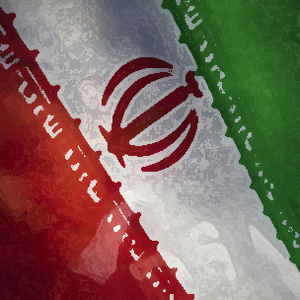The Week in Iran

The Judiciary had a hectic schedule last week. It began by pouring cold water on Ahmadinejad supporters. At the height of the pro-Ahmadinejad media attack against Mahdi Hashemi Rafsanjani—son of Iran’s former president Akbar Hashemi Rafsanjani—who is accused of backing the post-election chaos in Iran, the press court sentenced Kaveh Eshtehardi, editor-in-chief of government mouthpiece Iran daily, to flagellation and 6 months of prison, a tough verdict, particularly for the Principlist media, which unlike their Reformist rivals have rarely faced the law’s tough mien. The verdict had strong reverberations. Beside the anger shown by pro-Ahmadinejad media, at the end of the week Guardian Council Chairman Ahmad Jannati, a supporter of Mahmoud Ahmadinejad, called the verdict “incorrect” and “surprising”. Meanwhile, in response to Mahdi Karroubi’s open letter in which he had announced his readiness to be tried in a public court, Speaker of the Judiciary Gholam-Hossein Mohseni Ezhe’i said that leaders of the Fetneh will soon be tried, whether they are ready or not, a claim that seems to be unlikely to be realized considering the country’s circumstances and the likely consequences.
Last week, following the reshuffling –or perhaps purge- of his cabinet, Mahmoud Ahmadinejad abruptly dismissed fourteen advisors. However two of them, the better-known Mahdi Chamran, incumbent chairman of Tehran’s city council, Davoud Danesh Ja’fari, his former minister of economy, denied that they had ever been the president’s advisors. In an atypical move, the president’s office apologized for mentioning the name of Mahdi Chamran, a respected senior politician, in the list of dismissed advisors.

